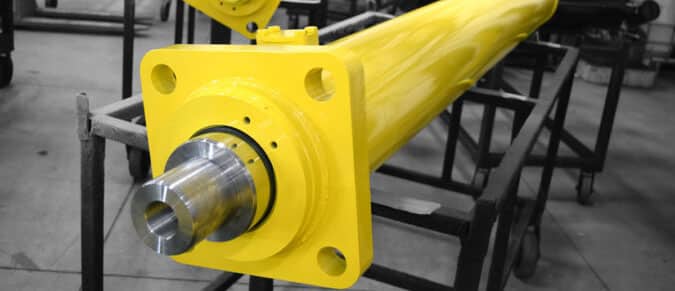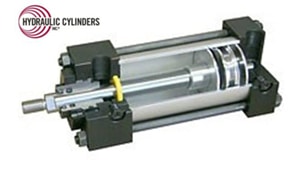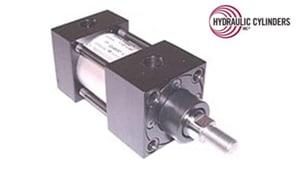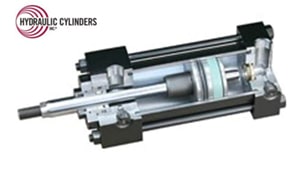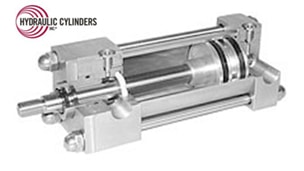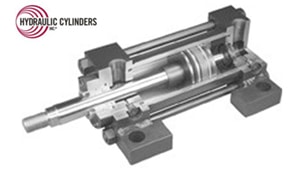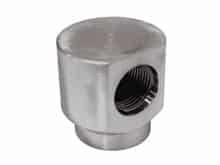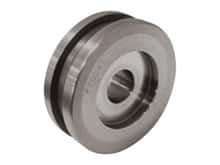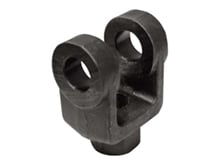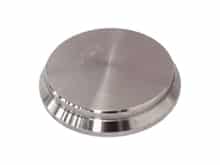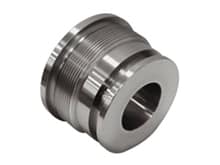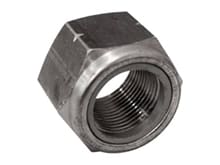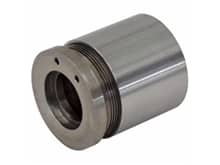The Importance of Hydraulic Fluid Viscosity
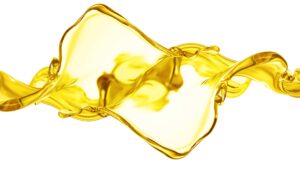
So, you’ve selected the right hydraulic cylinder that meets your needs. You have the power and performance needed to withstand rigorous daily demands. To ensure your hydraulic system continues performing optimally, fluid viscosity should be a top priority for hydraulic system efficiency and performance.
While hydraulic cylinder maintenance is not exactly exciting, it also ensures your hydraulics run as smoothly as possible. Proper fluid viscosity not only helps you maintain peak performance, but it helps increase the longevity of your hydraulic systems.
Why Viscosity Matters in Hydraulic Systems
Understanding the basics of your hydraulic system can help determine the right fluid viscosity. Having a viscosity too thin or too thick can cause detrimental system effects on performance. Due to the inherent function of hydraulics, temperature fluctuations are expected. With temperatures changes, fluid viscosity changes as well.
When hydraulic oil temperatures increase, fluid viscosity flows well with little resistance. However, if fluid viscosity becomes too low, there can be a reduction in efficiency and potential hydraulic system overheating.
High Fluid Viscosity
High hydraulic fluid viscosity reflects thicker fluids. Thick hydraulic viscosity can have the following effects on your hydraulic system:
- Cavitation issues
- System contamination due to plugged filters
- Lack of mechanical efficiency
- Can lead to pump damage
- Overall performance and functionality can decrease
Low Fluid Viscosity
Low hydraulic fluid viscosity reflects fluid viscosity that is too thin. Thin hydraulic fluid viscosity’s effects include:
- Increased pump friction due to lack of proper lubrication
- Increased wear and tear
- Internal leaks
Common Viscosity Requirements
When determining your viscosity requirements, the viscosity index factors into consideration. Properly lubricated hydraulics play an important role in overall hydraulic system functionality. As the temperature shifts and changes, so does the viscosity. Factors to consider for viscosity with respect to temperature changes include:
- Startup ambient temperature
- Maximum operating temperature
- Maximum ambient temperature
- Load requirements/speed
Viscosity Index
Viscosity index (VI) reflects the viscosity in different temperatures. The classification for how hydraulic oil performs include:
- Low viscosity: below 35
- Medium viscosity: 35 to 80
- High viscosity: 80 to 110
- Very high viscosity: above 110
How Hydraulic Fluid Viscosity Affects the Overall Hydraulic System
With fluid viscosity affecting performance, it is important to note how viscosity levels affect the overall hydraulic system. System issues that arise from fluid viscosity issues include:
- Filtration
- High viscosity creates difficulties with filtration, resulting in high pressure drops
- Efficiency issues
- Continued friction from high viscosity can create operational issues that result in system failure
- Lubrication
- Increased friction from lubrication issues can create lower viscosity
- Aeration
- Entrained air can cause issues with operating temperature stability
Make Sure Your Fluid Viscosity is Right for Your Hydraulics
The right hydraulic cylinder can help you meet your day-today work demands, but proper maintenance and fluid viscosity can help keep your hydraulics performing dependably. If you’ve got questions about your hydraulic system’s fluid viscosity, contact us. Our hydraulic cylinder experts can help determine if your fluid viscosity is causing system issues or find a hydraulic cylinder upgrade for you.


